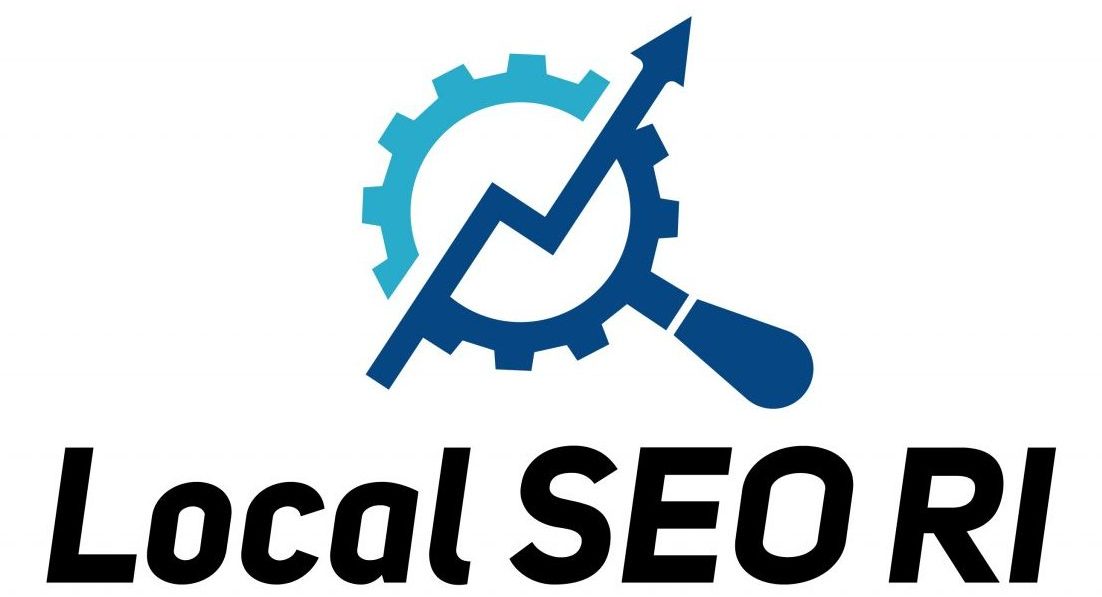Several websites have problems with their on-page SEO, which affect their ranking on the search engines. Irrespective of the efforts put into your SEO strategy, little issues with your on-page SEO can undermine your efforts. To discover the problems with your website, carry out an on-page SEO audit.
What Is An On-Page SEO Audit?
An on-page SEO audit is the examination of all the elements and components of a website page to detect the issues causing the SEO strategy to be futile or cause the site to lose to search engine ranking. During an on-page SEO audit, all the problems preventing the website from getting the online visibility desired through the search engines will be diagnosed.
Areas Covered by On-Page SEO Audit
Auditing your on-page SEO is a required step to optimize your website for better performance and compliance with the best SEO practice. An on-page SEO audit covers the following aspects.
- Title Tags
The appropriate length of title tags us 50-65 characters. It should be well written and have your keywords. Also, the title tags must clearly state what the page(s) is about.
- Meta Description
Although a meta description does not affect ranking directly, it should be well-written. It shows under the title tag in the Google Search results. It can, however, help to get more clicks from the search engine results. Its length should be 100-155 characters.
- Header Tags (H1, H2, H3)
Headers are visible to visitors; therefore, they should be clear, straightforward, and optimized with the right keywords. The audit will check if your website content has headers and optimized with keywords.
- Website Copy
The content on the webpage must satisfy the intent of the visitor. It must be within an appropriate length for ranking. Also, keywords must be incorporated with the website copy unique. The on-page SEO audit will also check for duplicate content across the webpages band between the website and other sites.
- Canonicalization
The audit checks if the website loads with one or more URLs. This is to prevent Google from considering the website as two different sites.
- Image Optimization
Images will be checked for relative keywords in the alt tag.
- Website Load Speed
Everybody hates slow websites, and Google considers thus factor for ranking. The loading speed of the page will be examined.
- Schema Mark-up
Besides, the on-page SEO audit will check if the website has the HTML tags to enable search engines to recognize the site.
- Contact Information
It is important to provide the business name, address, and phone contact information in the footer of every page in the same format they appear across all platforms and directories.
- Sitemap
The on-page SEO audit will also check if the site has a sitemap in XML format.
- Mobile Optimization
Websites must be optimized for mobile devices.
- Social Media Integration
Link your social media platforms to your website. The audit will also ascertain the integration of social media platforms.
Takeaway
An on-page SEO audit is a crucial exercise that should be carried out regularly to detect possible problems with a website. Also, the above elements are essential on-page elements that should be fixed to ensure compliance with the best SEO practice.
